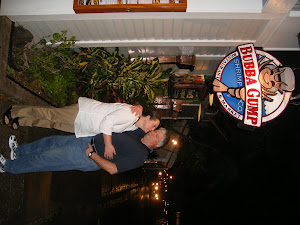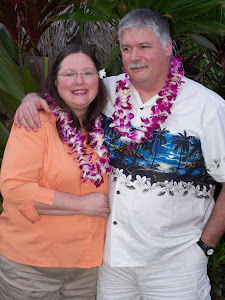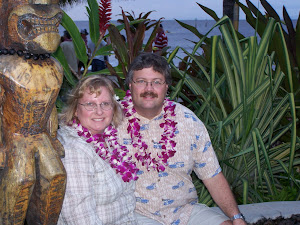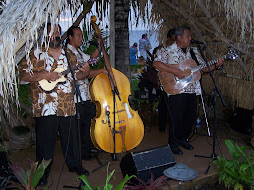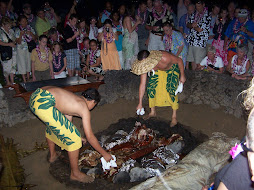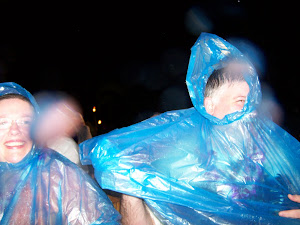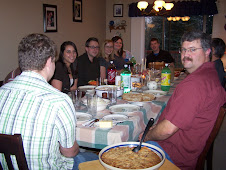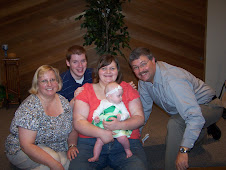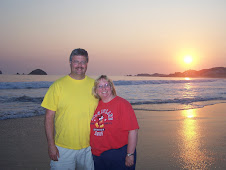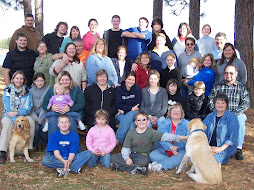The book is basically broken down chronologically according to Jonah's journey.
Buying Passage to Tarshish addresses Jonah disobedience in his unwillingness to go where God had called him. This begs the question "Am I serving God where he has called me, or am I ministering because of the glamour, comfort, and excitement of the church?" The "travel folders" make Tarshish seem quite enticing, but if God has called me to Nineveh, I had better obey.
Escaping the Storm is a wake-up call to "jump overboard" from the ship of practicing Christianity as a "consumer religion," and turn the Titanic around and head for Nineveh where the people are ready to hear God's message. Peterson suggests "It is interesting to listen to the comments ... from Third world countries ... on the religion they observe in North America. What they notice mostly is the greed, the silliness, the narcissism. They appreciate the size and prosperity of our churches, the energy and the technology, but they wonder at the conspicuous absence of the cross, the phobic avoidance of suffering, the puzzling indifference to community and relationships of intimacy." He continues "...there is far too much acquiescence, too much caving in to the culture. ... the world that wants a religion that is mostly entertainment with occasional breaks for moral commercials." Before the storm hit, Jonah was in control and heading in the opposite direction God had called him. "He had decided on his ... destination. He had paid the ... money ... he was taking charge. ... But his assertive move to take charge of his vocational destiny and his considerable financial wherewithal to bring it about are, now, insignificant. God' storm and God's salvation ... now dominate the scene. Jonah's will and Jonah's money are now trifling."
In the Belly of the Fish: This chapter was the most instructive for me at this place in our lives. "And the Lord appointed a great fish to swallow up Jonah; and Jonah was in the belly of the fish three days and three nights. Then Jonah prayed to the Lord his God from the belly of the fish." -Jonah 1:17-2:1 "Whenever I am in trouble, I pray. And since I'm always in trouble, I pray a lot." -Isaac Bashevis Singer This is the beginning of Jonah's renewal. His "drowning of religious careerism... We become what we are called to be by praying. And we start out by praying from the belly of the fish. ... The belly of the fish was the unattractive opposite to everything Jonah had set out for."
In this chapter, Peterson makes some pretty bold statements about the need for a renewal of prayer. These are some of the statements that most stick with me from the book:
- "This is the hard part, for in the ordinary course of things God does not appoint a fish to swallow us into the place and time of prayer. We have to find our own place, carve out our own time."
- "...what Christians do in prayer is the most significant factor in the shaping of history."
- " '...I would say that sometimes I wonder at dead of night whether, during the next fifty years, Protestantism may not be at a disadvantage because a few centuries ago, it decided to get rid of monks. Since it followed that policy, a greater responsibility falls on us to give something of ourselves to contemplation and silence, and listening to the still small voice.' " -Herbert Butterfield"
- Not a word in the prayer is original. Jonah got every word ... out of his Psalms book." Peterson goes on to argue, very persuasively, that we should be "praying" the Psalms regularly. This has become a new regular practice of mine!
Quarreling with God under the Unpredictable Plant When Nineveh repented and God showed mercy "Jonah's sulking disappointment came from a failure of imagination, a failure of heart. He had no idea what God was doing, the largeness of his love and mercy and salvation. ...He had a program laid out for Nineveh ('Nineveh shall be overthrown!'). But God had a destiny to fulfill in Nineveh ('And should not I pity Nineveh...?'). ...Jonah's program was a child's index finger; God's destiny was a huge gesture.... God had purposes far exceeding anything Jonah imagined. Jonah thought he had come to Nineveh to do a religious job, to administer a religious program. God had brought Jonah to Nineveh to give him an experience of amazing grace. The tables are turned: it is no longer Jonah preaching to the people of Nineveh, but the people of Nineveh preaching to Jonah..." Peterson goes on to expound on the "mess" of dealing with people; of our plans being trumped by God's Spirit moving. Pastoral work is creative work involving "risks, mistakes, false starts, failures, frustrations, embarrassments... we must not...try to moonlight as efficiency experts in religion. We cannot nurture the life of Spirit...while holding a stopwatch. We cannot apply time management techniques to the development of souls." In conclusion, Peterson advocates a vocational paradigm shift "from pastor as program director to pastor as spiritual director. ...The spiritual-director pastor is shaped by the biblical mindset of Jesus; worship-orientation, a servant life, sacrifice. ...Spiritual direction is the act of paying attention to God, calling attention to God, being attentive to God in a person or circumstances or situation."
Making an Ending Scripture leaves the Jonah story is left unresolved. "Did Jonah spend the rest of his life avoiding the unpredictability of God...? ...We don't know....Curiosity about Jonah's final word gives way to wonder about our own. " Hmmmm. I pray God gives me the mercy and strength to finish well.





